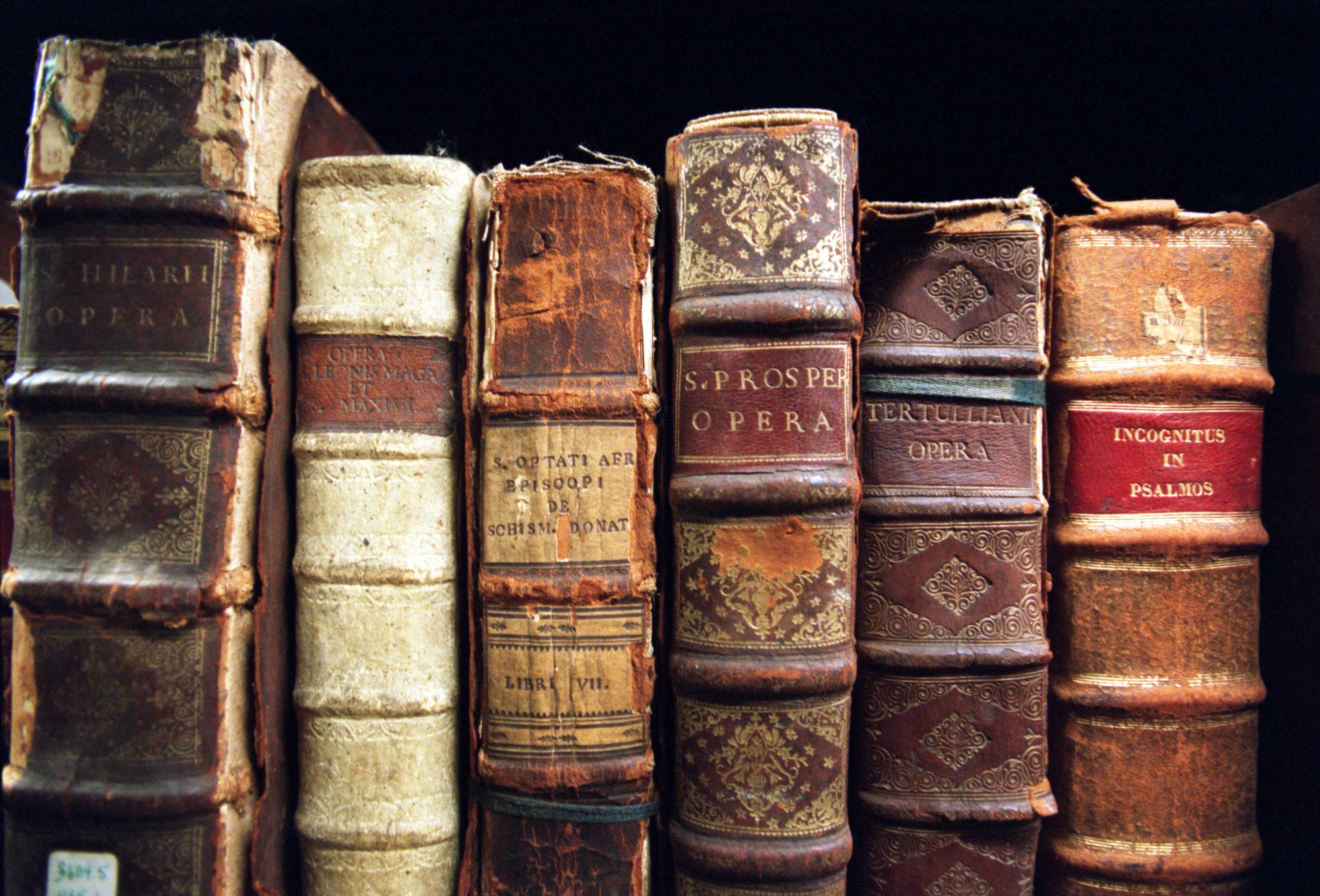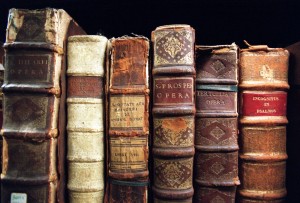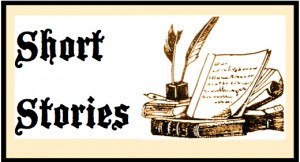English Classics
A satirist, essayist, political pamphleteer, poet and cleric Jonathan Swift is one of the inevitable personalities of English Literature. He attended Dublin University and received his B.A. in 1686. Later he became Dean of St Patrick’s Cathedral, Dublin. Some of his phenomenal works include Gulliver’s Travels, A Modest Proposal, A Journal to Stella, Drapier’s Letters, The Battle of the Books, An Argument Against Abolishing Christianity, and A Tale of a Tub. Swift is probably the most famous satirist in the English language.
In 1738 Swift began to show signs of illness, and in 1742 he suffered a stroke, losing the ability to speak. After his death one of the scholars wrote these verses in his memory.
“Swift has sailed into his rest.
Savage indignation there
cannot lacerate his breast.
Imitate him if you dare,
world-besotted traveller.
He served human liberty.”
Gulliver’s Travels
Gulliver’s Travels is considered to be one of the most influential works of Swift. It has become a crucial part of literature from its release in 1726. The extraordinary aura of the books is still felt today as it hasn’t gone out of printing till date. Gulliver’s Travels are a commentary on the political scenario which promotes inequality and disgrace to humanity. It tries to bring down human pride in a sarcastic fashion. Since it revolves around the enlightenment era it mainly focuses on the Human psychology in its various forms. The publisher of the books was Benjamin Motte and the book became famous as soon as it was printed. It is considered as one of the classics of English Literature. There are records of John Gay praising the book. The book is actually a travel report which is divided into 4 parts. Lemuel Gulliver briefs about himself and his love for travelling. His first travel was to the island country of Lilliput where he is imprisoned by the tiny people. His good behavior and coordinating nature helps him win the confidence of the people. But things don’t be in his favor he is sentenced to punishment he escapes Lilliput. This book is a topical political satire. His second voyage is to the island of Brobdingnag. Unlike Lilliput this country was of giants and he was too short for them. For his conveyance the queen built a small house for him which was known as the travelling box. The King is not happy with Gulliver’s accounts of Europe, especially upon learning of the use of guns and cannons. Thus his travel to Brobdingnag ends here and he is returned back to England. This book compares the truly moral man to the representative man; the latter is clearly shown to be the lesser of the two. Gulliver arrives to Laputa the flying islands. This book revolves around this visit to the island and his experiences there. His fourth and the last voyage was to the Country of the Houyhnhnms. This book uses coarse metaphors to describe human depravity.
Swift was known for his satire and he criticized the European government in his works. His taunts to the legal system were so severe that his work marked the era of satirist writing in English Literature. There is also a BIG questioned asked in this book which makes you think whether we humans are born with corrupt and selfish values or the world moulds us in such a way that there is no way left for us but to follow these unjust means. Swift was able to cast a critical, cynical eye toward the monarchy and the political changes which brought the Age of Reason into full flower. Gulliver’s Travels, therefore, satirizes the political, scientific and philosophical advancement imposed by Western imperialism and the impossibility of those changes elevating human nature. One can imagine Swift, having been schooled in religious doctrine, would have found no two greater sins than the pride and arrogance fostered in imperialism as main flaws in Westernization. Swift devotes whole passages explicating their political and social customs. Swift is satirizing European political values and the arrogance with which Europeans regard their particular form of governance and ideology. Swift again makes a sharp observation about the demands expected of science to advance human relations.





5 Comments. Leave new
Very Impressive work !
Excellent work.. well done..
Jonathan Swift is one of the best English writers.
Oh these classincs :’)
Oh these classics :’) :’)